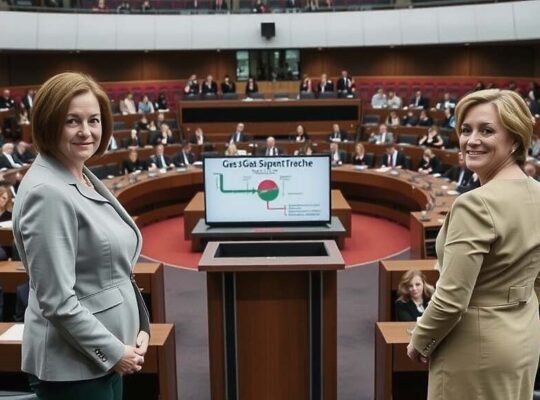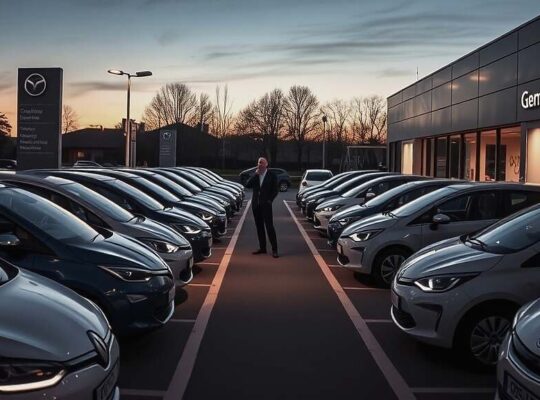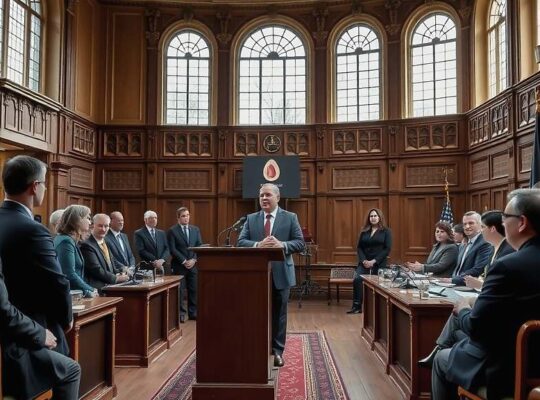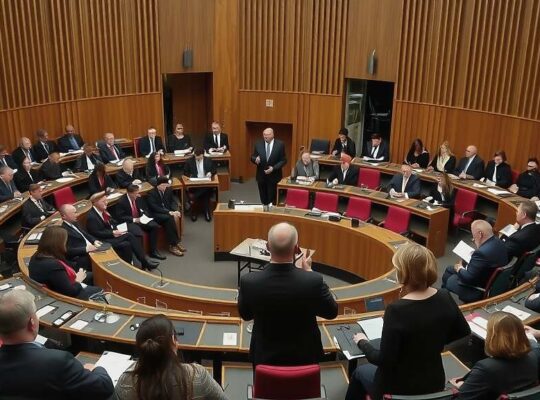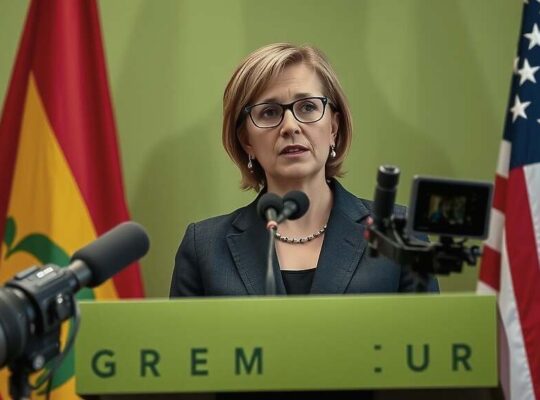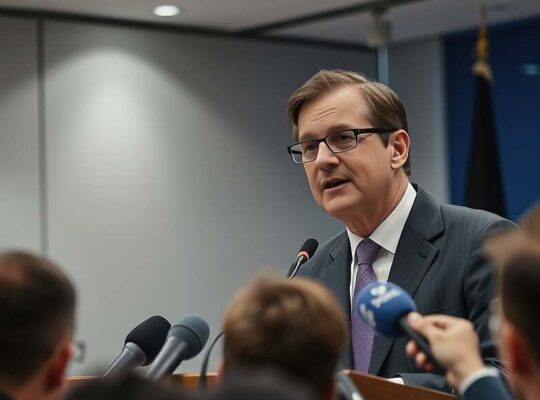A stark warning has been issued by Germany’s Council of Economic Experts Chairwoman, Monika Schnitzer and leading climate economist Gernot Wagner, cautioning against underestimating the nation’s burgeoning electricity demands. Their analysis, published as a commentary in “Die Zeit” directly challenges current projections, including those originating from the Federal Ministry for Economic Affairs and Energy, suggesting a potential for significantly higher electricity consumption driven by emerging technologies.
Schnitzer and Wagner highlight the accelerating impact of data centers, the proliferation of electric vehicles, increasing adoption of heat pumps and the rapid advancements in artificial intelligence. They argue that conservative estimations regarding these factors are not merely precautionary but carry substantial risk, potentially leading to strained power grids, supply shortages and a renewed drag on economic growth.
The economists pivot away from the ongoing debate surrounding new gas-fired power plants, advocating for a fundamental shift in investment priorities. Crucially, they call for substantial investment in high-voltage power lines, large-scale battery storage solutions, smart distribution grids and electrolysis facilities – essential components for green hydrogen production. They characterize these infrastructural elements as the “backbone of a climate-neutral energy future.
The current pace of infrastructural development, they note with concern, lags considerably behind the rapid transition to renewable energy sources. This discrepancy threatens to undermine Germany’s stated climate goals and economic stability. Schnitzer and Wagner urge immediate action from both Germany and the European Union to safeguard affordable energy, ensure a reliable supply and maintain the competitiveness of the German economy, emphasizing that delayed action risks crippling the nation’s transition to a sustainable and resilient energy system. The commentary implicitly criticizes government inertia and calls for a bolder, more proactive approach to energy infrastructure planning.




